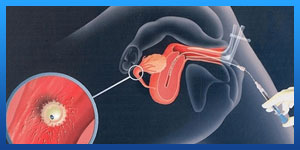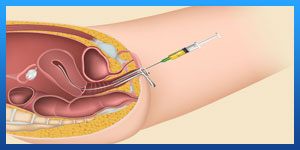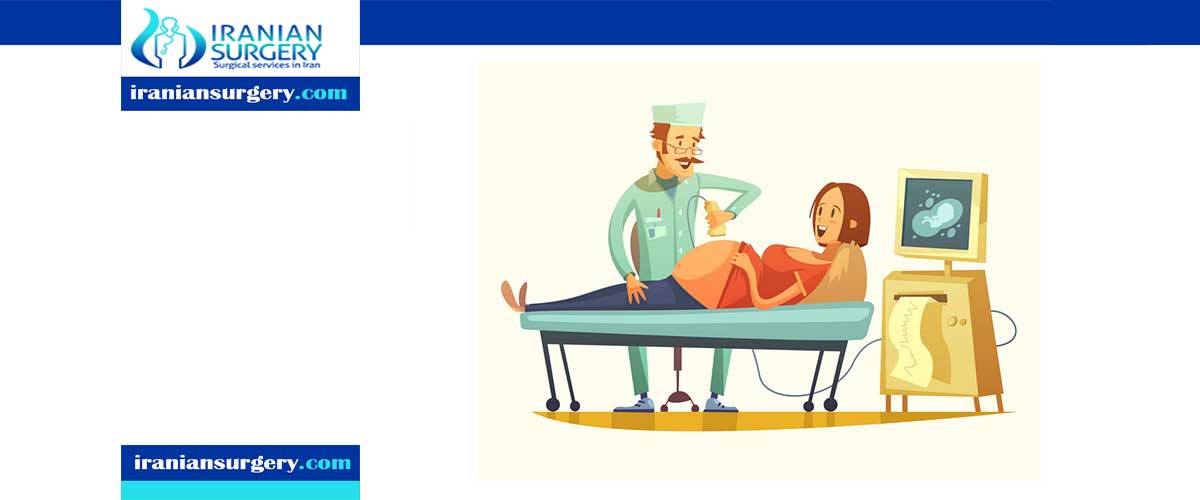IUI Side Effects
Side Effects of Intrauterine Insemination
All medical procedures usually have some side effects or the other. Intrauterine insemination can also have certain side effects though most of the side effects are known to be minor.
Read more about : 2nd iui success rate
Read more about : IVF in Iran
In some cases, the doctor may prescribe fertility drugs to enhance the rate of success of the procedure. The fertility drugs tend to stimulate hyper ovulation wherein the ovaries release multiple eggs. Many of the side effects of IUI treatment may arise due to these fertility drugs rather than from the procedure itself.

Read more about : Ivf process in Iran start to finish step by step
Read more about : Is Surrogacy allowed in Iran?
Read more about : PGD in Iran
Read more about : PGS in Iran.
Read more about : Ivf with donor eggs process in Iran
Read more about : Sperm Donation process in Iran
However, the side effects triggered by taking the fertility drugs are generally mild and vanish after the discontinuation of the medication. Some of the IUI fertility treatment side effects can be:
. Slight abdominal pain or mild cramping
. Light spotting for a couple of days
. Hot flashes
. Headaches
. Nausea
. Depression or mood swings
. Visual disturbances
. Painful and swollen ovaries
. Tender breasts
. Bloating
. Some pelvic discomfort
. Ovarian cysts
. A rash or slight swelling about the injection spot
. Likely IUI side effects on baby can include multiple births
In some rare cases, the side effects of IUI treatment can manifest in a severe form like difficulty in breathing, darkened urine, severe cramps, a sudden increase in weight. In such a scenario inform your doctor immediately.

Risks of Intrauterine Insemination
Intrauterine insemination is a relatively simple and safe procedure, and the risk of serious complications is low. Risks include:
. Infection. There's a slight risk of developing an infection as a result of the procedure.
. Spotting. Sometimes the process of placing the catheter in the uterus causes a small amount of vaginal bleeding. This doesn't usually have an effect on the chance of pregnancy.
Read more about : What are the Biggest Differences between IUI and IVF?
. Multiple pregnancy. IUI itself isn't associated with an increased risk of a multiple pregnancy — twins, triplets or more. But, when coordinated with ovulation-inducing medications, the risk of a multiple pregnancy increases significantly. A multiple pregnancy has higher risks than a single pregnancy does, including early labor and low birth weight.
. Ovarian hyperstimulation syndrome. Sometimes the ovaries over-respond to fertility medications (particularly the medications given as injections) and a condition called ovarian hyperstimulation syndrome may result. A large number of eggs may be matured at one time and possibly released. This can result in an enlarged ovary, fluid buildup in the abdomen, and cramping. In very rare cases, ovarian hyperstimulation syndrome can result in fluid buildup in the chest and abdomen, kidney problems, blood clots, and twisting of the ovary.
If you’re currently taking fertility medications for IUI and experience any of the following symptoms, you should call your doctor immediately.
. Dizziness or lightheadedness
. Sudden weight gain of more than 5 pounds
. Shortness of breath
. Nausea and vomiting
. Severe abdominal or pelvic pain
. Sudden increase in abdominal size


